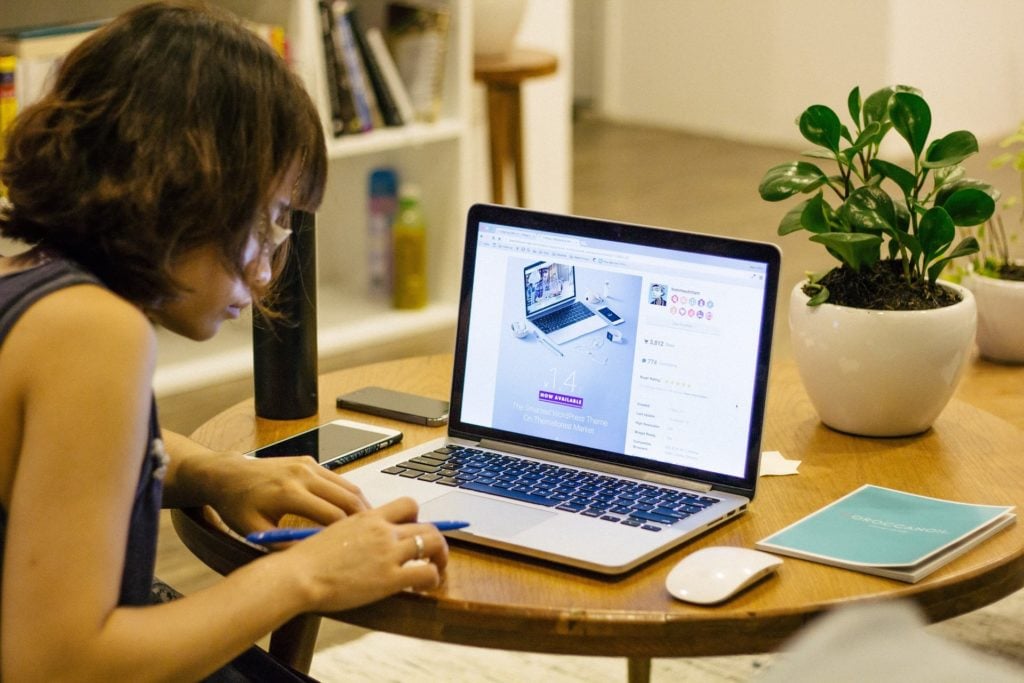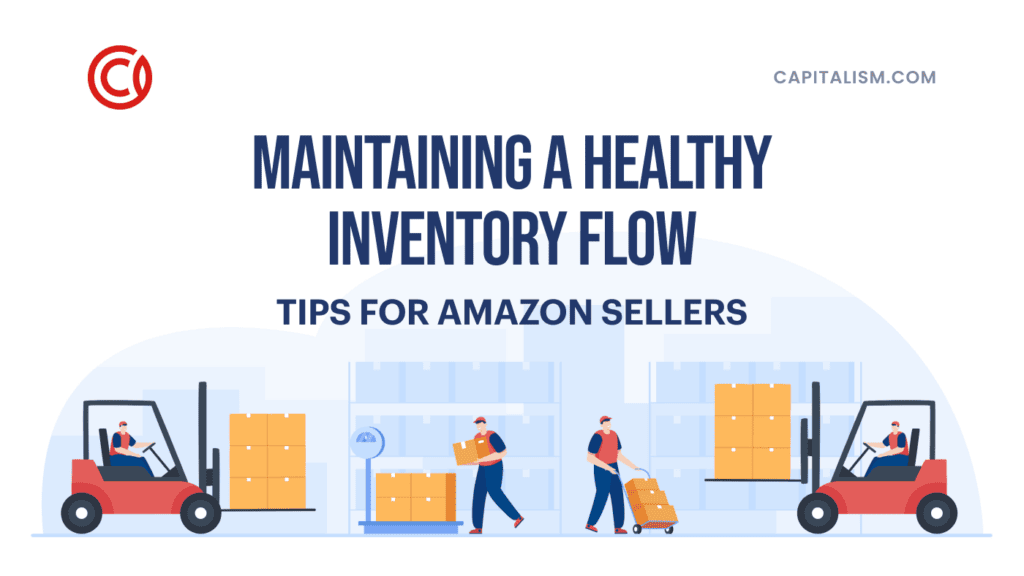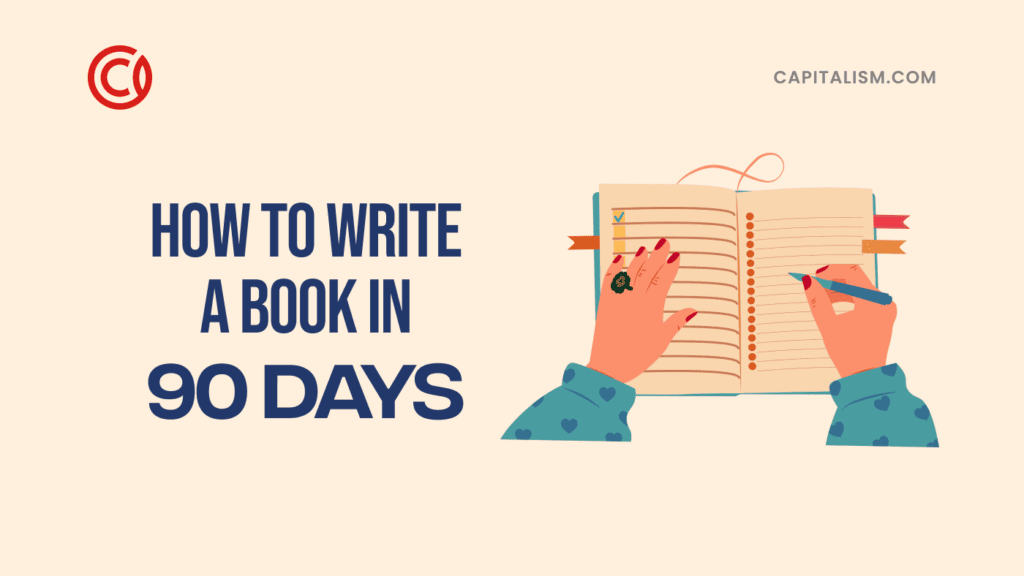Freelancing or working from home can be a difficult life to lead. With standard 9 to 5 jobs most people have boss telling them what to do, and when to have it done. This does not apply to us freelancers. That's why we put together this to-the-point article of working from home tips.
The only people to hold us accountable to our productivity standards are typically ourselves, or maybe a few business partners. We try our best to stay on task, but there are just so many possible distractions. Whether it is social media, or remembering that item you HAD TO get from Amazon before you miss the one day delivery window, it can be a bit difficult to ensure that we keep our production at its highest level.
But if you are doing this alone, how could you possibly stay focused long enough to complete your tasks at hand? With some proper habit adjustments, and a bit of diligence, you can maximize your at-home productivity, and be sure that all of your projects are completed on time. In this article, I will outline some ways that should assist you in doing just that.
Setting Priorities
Priorities are sometimes difficult to establish. In your conscious mind, work always comes first. But we all know how many times we have regretted listening to that nagging voice in the back of our head saying that we “deserve a break for all of our hard work”. For me, when I started this journey, I was still the guy that would say yes to any invitation that friends might send on a Wednesday evening to go grab a drink or two. Well, two turned into three, and so on, until the next morning wasn’t as productive as I may have hoped. This spawns multiple issues, other than lost time. This ruins whatever habit loop you may have been in. Whether it was waking up earlier to get some work done before you “started your day”, or if it causes a hangover that results in either no work at all, or subpar work that you complete the next day.
The fact that this can snowball from one misappropriation of time is painfully accurate, and most freelancers can be empathetic to this point. This is not to say that you cannot enjoy time with your friends, or that you must always be working. It is simply to state that strictly scheduling your leisure time can result in much more productive days. Your friends may berate you for a period of time for declining their invitations, but in the long run, you will thank yourself for skipping a few nights out. By prioritizing your schedule to allot time for “fun” activities, you are more likely to assure that your tasks are complete before embarking on some sort of evening adventure that could end up being a re-scripting of The Hangover.
Eliminating Distractions
This is a big one. By now, everyone is aware that 95% of the population cannot go 30 minutes without checking their smartphone in one way or another. It is one of the most recognizable and regrettable stigmas of the “millennial” generation. But it is one of the most difficult things to do. Most of our brains are wired to search for constant validation in one way or another. Whether this is posting to Instagram and seeing how many likes we can get, or searching through the myriad of fitness pages to compare ourselves to others.
This can lead to a seemingly never-ending spiral of mindless scrolling, and before you know it, you have killed an hour of time and accomplished absolutely nothing. Well, except for maybe seeing the score to last night’s Warriors game (not a Warriors fan, but you get it). There are a few different ways I have found to limit these distractions from my workday, to assure that I can accomplish the agenda for the day.

PUT YOUR PHONE AWAY!
By not having this toxic device near you at all hours of the day, you can carve out some absurdly productive working hours. I know, I know, it may seem impossible to leave your phone in another room. God forbid you miss an email, or a text message. You know what the best thing about texts and emails is? You can always respond to them later. That is the point of a text message. You don’t have to drop everything to respond right away. You can get to it later. I’m sure the initial creator of the text message didn’t realize the repercussions this may have, but we have turned it into a productivity killer.
If you MUST have your phone next to you while working, then there are ways to make it less appealing. For example, I have created a shortcut on my phone to turn the display to Grayscale while I am working. This makes your phone appear duller, and notifications don’t prompt the same “I have to look at this right now” kind of feeling. But it also makes it less likely that you will miss a call.
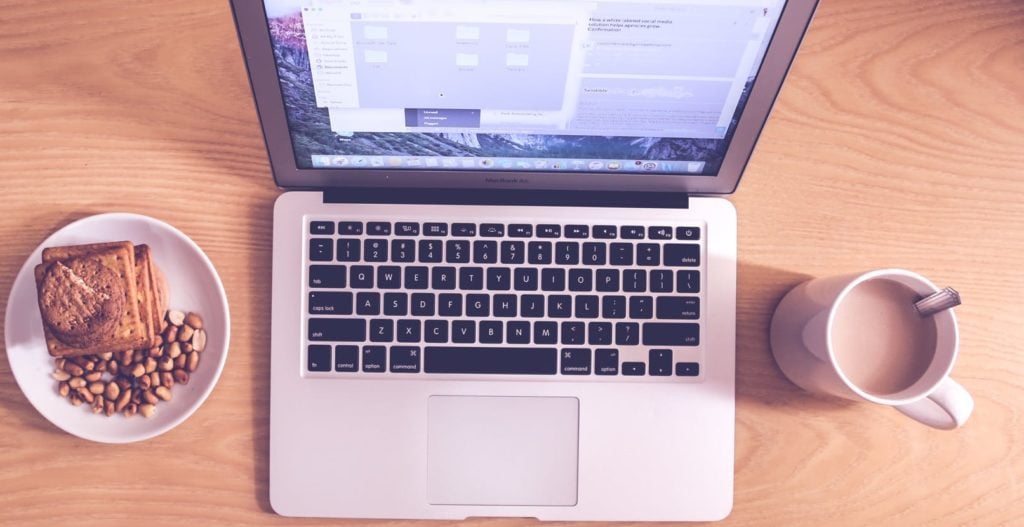
No Snacking in the Workspace
This used to be one of my absolute worst habits, and quite frankly, took quite some time to break. Taking a break from work to grab some coffee or a snack in your kitchen is no issue, as long as you can stay standing, then get right back on task after you are done. The issue lies in bringing that snack back to your desk... If you come back to your workspace with food, your initial inclination will most likely be to pull up YouTube or some other form of social media, because it’s “snack time”. This spirals into the same sorts of issues that I described with the phone.
Eventually you realize that you have just watched four 10 minute videos, and lost nearly an hour, if not more of potentially productive work hours. These add up throughout the day. And dear lord please DO NOT open Netflix. Might as well go to your couch, because your productive hours are over. But you see how the simplest intermission can lead to a completely separate activity that will hinder your billable hours. Give yourself a reasonable break time during the day so you don’t go insane, and catch up on your Instagram and text messages within that half hour to an hour.

Keep Your Home / Workspace Organized
Ok, this is a tough one for me. Organization can mean many different things to different people. The most stereotypical example of this is a lawyer’s or accountants’ office. When people walk into these types of offices, they are often uneasy about their decision to trust these people with their most pertinent information and affairs (depending on the kind of lawyer). To find documents in this level of disorganization and clutter requires a mental map that Nicolas Cage could only decipher if he had the Declaration of Independence.
But they assure you, they know exactly where your information is. This issue for those that work from home can be compounded into different terms. Because you are working out of your home, if your home is messy, then so is your office, and vice versa. Operating under these conditions, if you have laundry piling up, or if you have digital files out of place, it creates a level of internal stress that can detrimentally affect your work.
Practices that help with increasing your levels of organization:
- Making a set schedule for the mundane tasks around the house (dishes, laundry, etc.).
By setting aside this allotted timeframe to complete these tasks you will keep them up to date. Therefore, you will be less likely to put work on pause for a bit at 11am to go do your dishes, or put in another load of laundry.
- Create a repeatable process for your work.
Using video editing as an example, if you make a checklist (physical list being preferential to a mental list, as you are more likely to repeat it) you can go through the same steps every time, and your files will always reflect as such. Whether it is in the storage of the item, or in the creation of your content, if you have the same process, your work will be more consistent. This will lead to higher quality creations, simpler file location at a later date, and most of all, less stress.
Organization is one of the most pivotal actions that I have discovered in my time working from home. It can often be overlooked as creative people often have a stigma of being the “messy type”. But if you can just adjust yourself a bit to concentrate more on the organization of your workspace, it will inevitably lead to an overall more organized life in your home.
Focus on the Essentials
Focusing can be one of the more difficult tasks for us in this insane high-speed digital world. However, when working from home (especially if you are working for yourself), you aren’t afforded some of the luxuries of having a set schedule for a focus window. Sure, if you work in an office building from 9, until your lunch break at noon, then back to work from 1 to 5, your day is pretty predictable. This allows for lulls, daydreaming, and talking to coworkers, just due to the fact that you know your technical windows of work time. When working at home it can be different. If we break focus, we can lose touch with the project or client we are working on. This can lead account confusion (I have accidentally done hours of work to the wrong website before realizing it (face-palm)), poor work quality, or just zero production at all. By keeping focus windows to the task at hand, and allotting the correct amount of time, we can increase our productivity as well as our work quality.
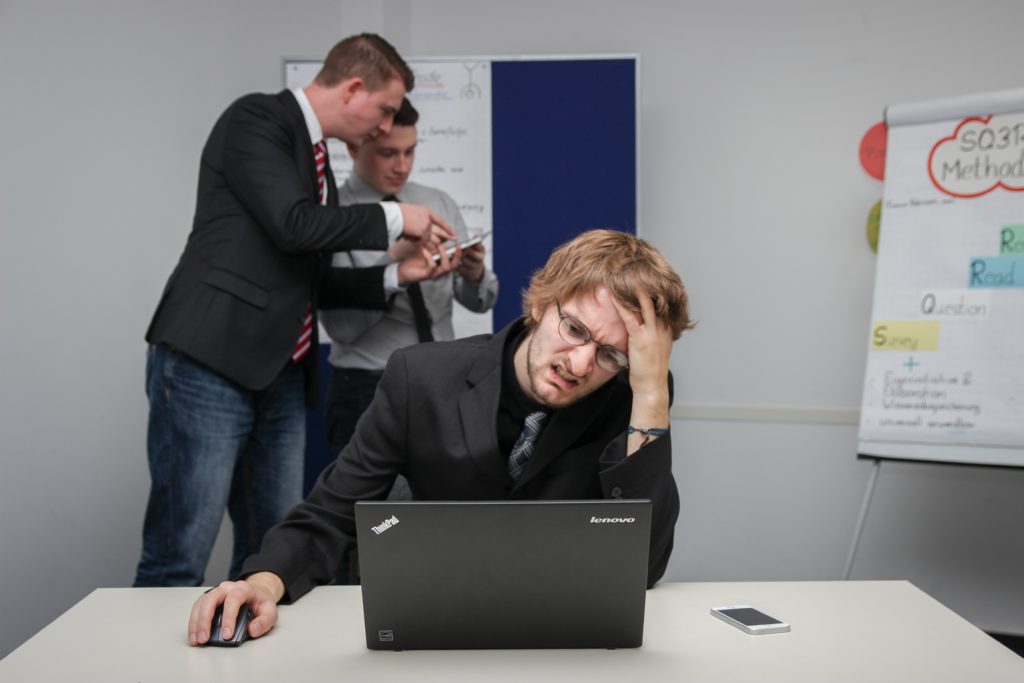
Avoid Burnouts
We get it, you hustle... Alongside the entrepreneurial wave that has struck the US in this decade, so has the idea that sleep is a form of weakness. If you aren’t working 16 hours a day, and devoting your entire life to your revenue streams, then you aren’t a true entrepreneur and you don’t want it badly enough. While I respect the opinions of Gary Vaynerchuk, and others who preach this kind of a mentality, it just isn’t applicable for most people. Burnouts can be one of the worst things that plague freelancers, or anyone that decides to try a side hustle. It’s simply not practical to think that you can work for 16 hours in a day, with no breaks, no hobbies, and no personal life for months at a time. And to those that can, kudos.
Mental health is becoming more and more popular of a topic in today’s world, and you should not ignore your own if you are in charge of your own schedule. Give yourself plenty of time to accomplish your tasks, and stretch them into a Saturday if you feel that by Friday you need a break for a long walk. Just be sure to utilize this time on something you truly love to do. You sometimes need to detox from the long hours that freelancing can require. So please, make sure that you have some time to yourself, or to be with your family/loved ones. This will make you that much happier when you restart your work, and will overall lead to a higher quality output.
Be Passionate About Your Work
Regardless of your reasoning for working from home, whether it is to have more spare time, or just to avoid a commute, be sure that you enjoy what you do. The freedoms that the internet gives us should not be taken for granted. There are many different avenues you can explore in the freelancing world, and it does not have to be what you studied in school. The average person spends 40 hours per week on work, and unfortunately, statistics indicate that over 60% of the US workforce feels unfulfilled or unhappy with their work life. This is simply unacceptable. You obviously have to pay the bills, but if you can spend some time exploring new ways to do something you love, by all means, do it. After all, we only have a finite amount of days. You might as well spend that 8 hours or so at work, working on something you wholeheartedly enjoy.
